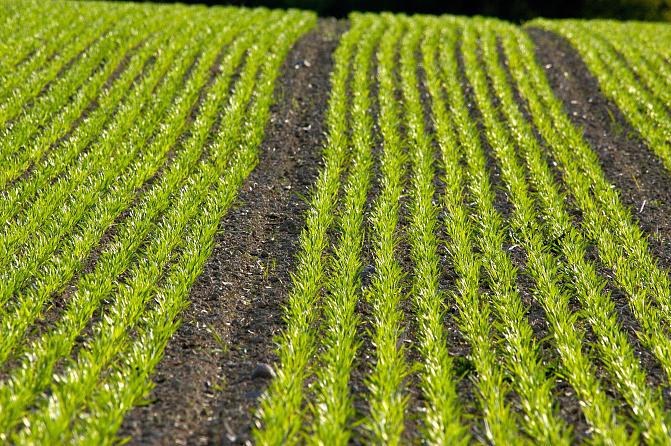
On this page
Microbes produce greenhouse gases, such as methane and carbon dioxide. An excessive increase in the content of these vital gases in the atmosphere causes global warming. While Finland’s greenhouse gas emissions are decreasing, the agricultural sector’s emissions have remained relatively stable in the 2000s. Climate change can be mitigated by taking care of soil health and carbon stocks, and the diversity of soil organisms, which may be threatened by agricultural and forestry practices in the long term.
Accurate information on the soil’s carbon sequestration capacity and the diversity of microorganisms through research
Luke researchers currently investigate the carbon sequestration potential of cultivated mineral soils and the properties of various organic soil amendments to understand their behaviour in contrasting soils. We also study the climate-smart use and restoration of croplands on peat soil, as well as the optimal amount of ash fertilisation to support soil microbial activity in peatland forests. The use of state-of-the-art molecular biology methods enable new information on the diversity of soil microorganisms to be combined with long-term monitoring results of the soil’s chemical state, providing information on the impact of microorganisms on soil processes.
According to the carbon pump theory, secondary compounds from trees and dead microbe biomass, mostly composed of fungi and bacteria, contribute significantly to the soil carbon stock. Luke’s studies have shown that the nutrient content and water table level in peatland forests have an impact on the quantity and species composition of fungal biomass. A higher nutrient content in drained peatland forests favours decomposer fungi which may increase carbon loss. In croplands, cultivation without tillage accumulates microbial biomass in the surface layer. These results can be used for planning climate-smart management practices for croplands and forests.
Research data supports decision making in society and helps farmers and forest owners select climate-smart practices
Research knowledge on carbon sequestration and greenhouse gas emissions of croplands on peat soil, as well as an upcoming soil carbon sequestration capacity map for mineral soils, will help decision makers and farmers advance climate-smart solutions in agriculture. The research results can also be utilized in the preparation of EU policies and processes, such as the EU soil strategy, which is currently developing indicators for defining soil health and preparing EU legislation.
“Research provides recommendations for farmers regarding which kinds of organic soil amendments and catch crops best support and maintain soil health, carbon sequestration capacity and biodiversity, and for forest owners regarding the appropriate amount of ash fertilisation to increase the soil carbon stock and support soil processes,” says Krista Peltoniemi, Senior Scientist at Luke.



